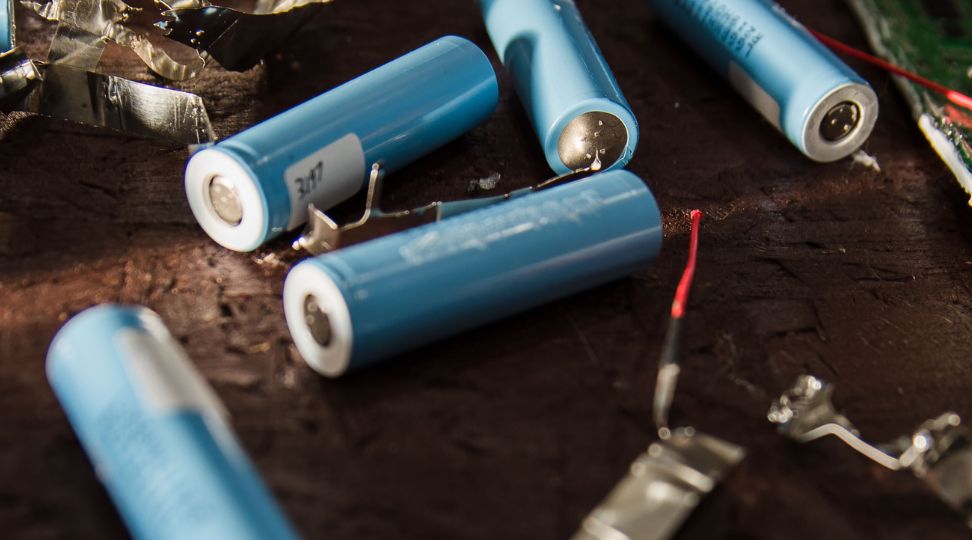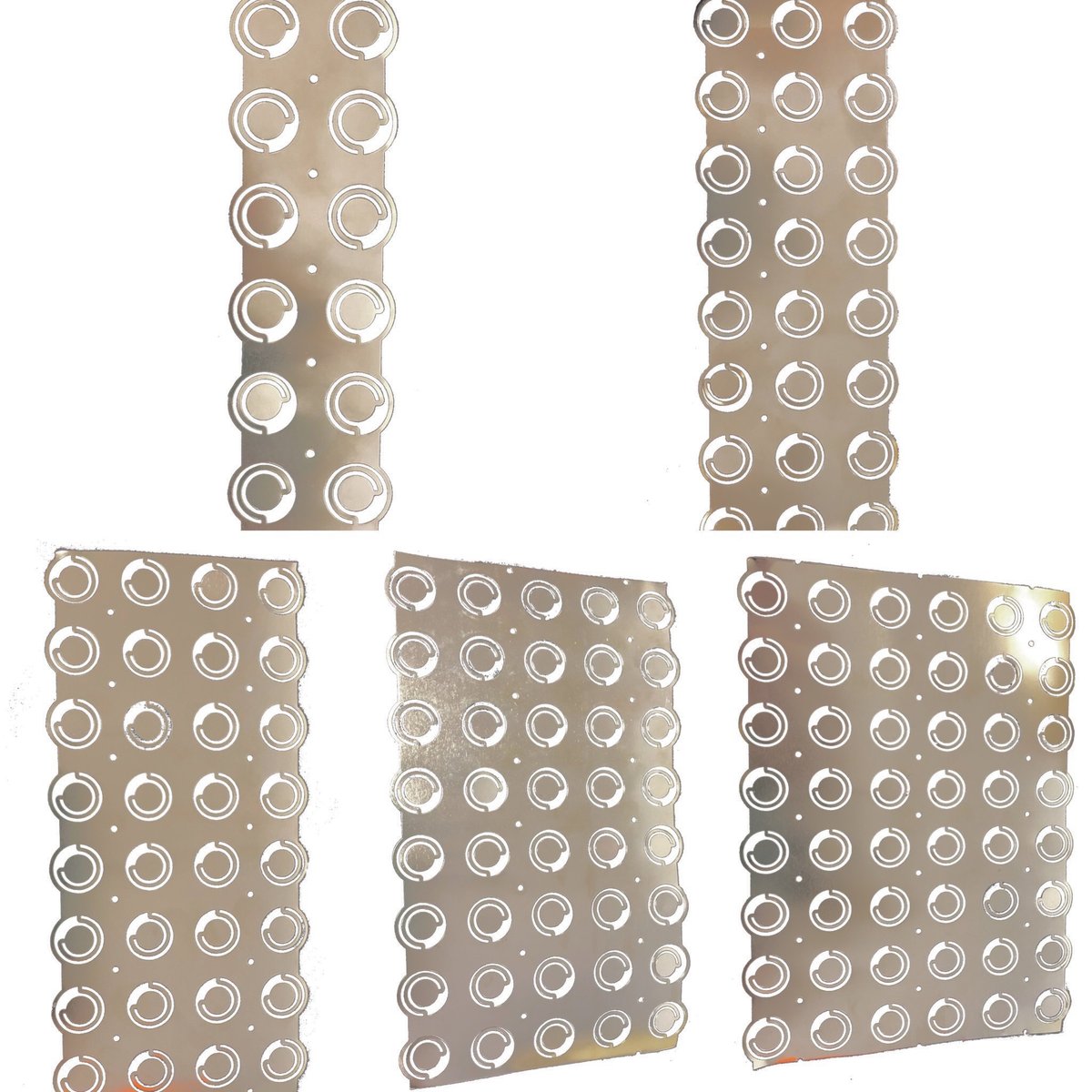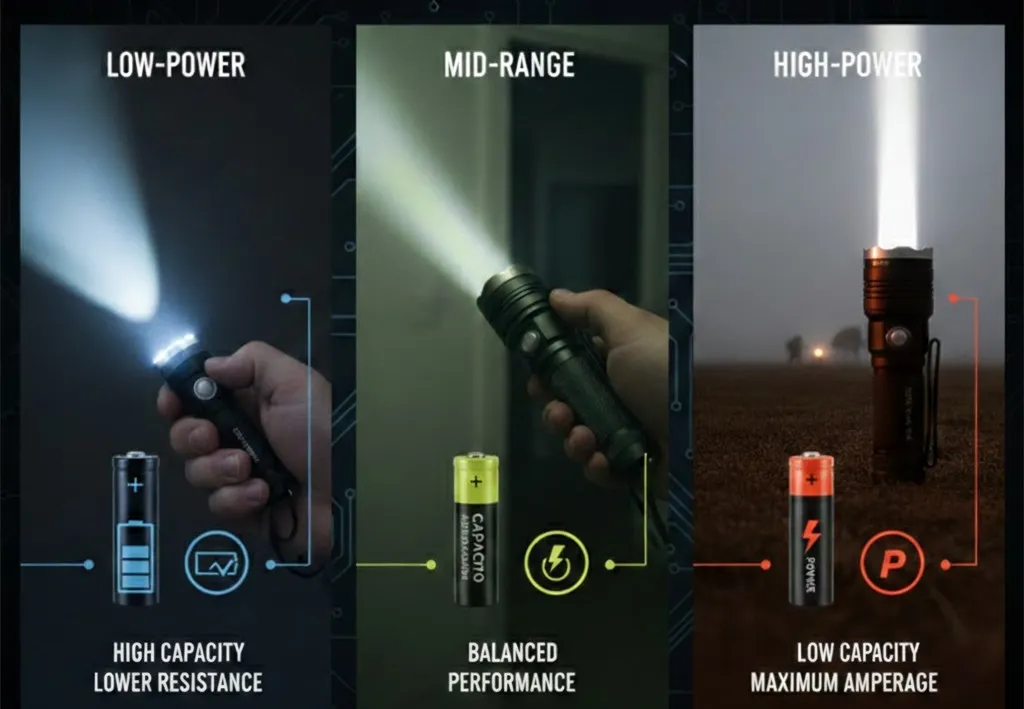
Is It Safe to Solder Directly to a Lithium Battery
Yes, it’s safe to solder directly to a battery, as long as you know what you are doing. Adding a high amount of heat to a battery cell, however, will always result in a loss of capacity. Also, it's easy to short out the positive end while soldering directly to a battery if you’re not careful.
Soldering directly onto a battery is a technique sometimes employed in various DIY projects for its perceived convenience. However, the practice is fraught with risks and implications for the battery's health and overall safety. This article will talk about the immediate and long-term concerns associated with soldering directly onto battery cells, especially those of NMC chemistry, to ascertain whether it is a safe method or if alternatives should be considered.
Solder A Lithium Battery Safety Concerns
There's a common misconception that soldering on a battery can lead to explosive results due to excessive heat. The likelihood of causing an explosion is relatively low. The primary immediate danger is inadvertently shorting the battery's positive and negative terminals during the soldering process, a risk that exists if proper precautions are not taken. While such incidents are rare, they underscore the importance of meticulousness and precision in the soldering procedure.
Another risk is that of dropping massive globs of solder on the positive end of a cell or another other place that wouldn't be advisable to have liquid metal strewn across it. What would normally be a burn on a table could lead to a fiery disaster when soldering directly to batteries.
Long-term Health and Safety of the Battery
The more significant issues with soldering onto batteries arise when considering the long-term impact on the battery's health and functionality. Batteries, particularly those with sensitive NMC chemistry, can suffer from performance degradation when exposed to heat. The process of soldering introduces heat to the battery, which, if not uniformly applied, can cause thermal instability. This instability can lead to variances in the capacity of individual cells, ultimately affecting the battery pack's overall performance and lifespan.
Also, the process of soldering can inadvertently seal the battery's built-in safety vents. These vents are super important for allowing the battery to safely release gasses in cases of overpressure. Sealing them off can create a scenario where pressure builds up without an escape route, heightening the risk of a potentially explosive situation.
Spot welding offers a safer and more reliable method for connecting battery cells. Although it involves the application of heat, the technique concentrates the heat both spatially and temporally. This focused approach minimizes the risk of the heat penetrating deep into the battery cells, which can mitigate the potential for long-term damage. Spot welding's precision and efficiency make it a preferred method for professionals and enthusiasts alike who seek to maintain the integrity and safety of their battery packs. Interested in spot welding? Take a look at our guide to the best spot welders!
So, Is It Safe To Solder Directly To A Battery?
Yes. Soldering to a battery doesn’t pose an immediate explosion risk It does, however, harbor potential dangers for the battery's long-term health and safety. One particular thing is not only the intensity of the heat but the uneven application of it that damages the battery pack over time. Also, if you are using way too much solder, you may even sela off the battery's safety vents, which would essentially render the cell explosive under the right conditions.
Spot welding instead of Soldering not only provides a safer solution but also ensures the longevity and reliability of battery connections. Given these considerations, when contemplating direct soldering onto a battery, it is important to evaluate the risks and benefits carefully and consider safer, more effective alternatives for connecting battery cells.
We hope this article let you know whether or not you should solder directly to a battery. Thanks for reading!

